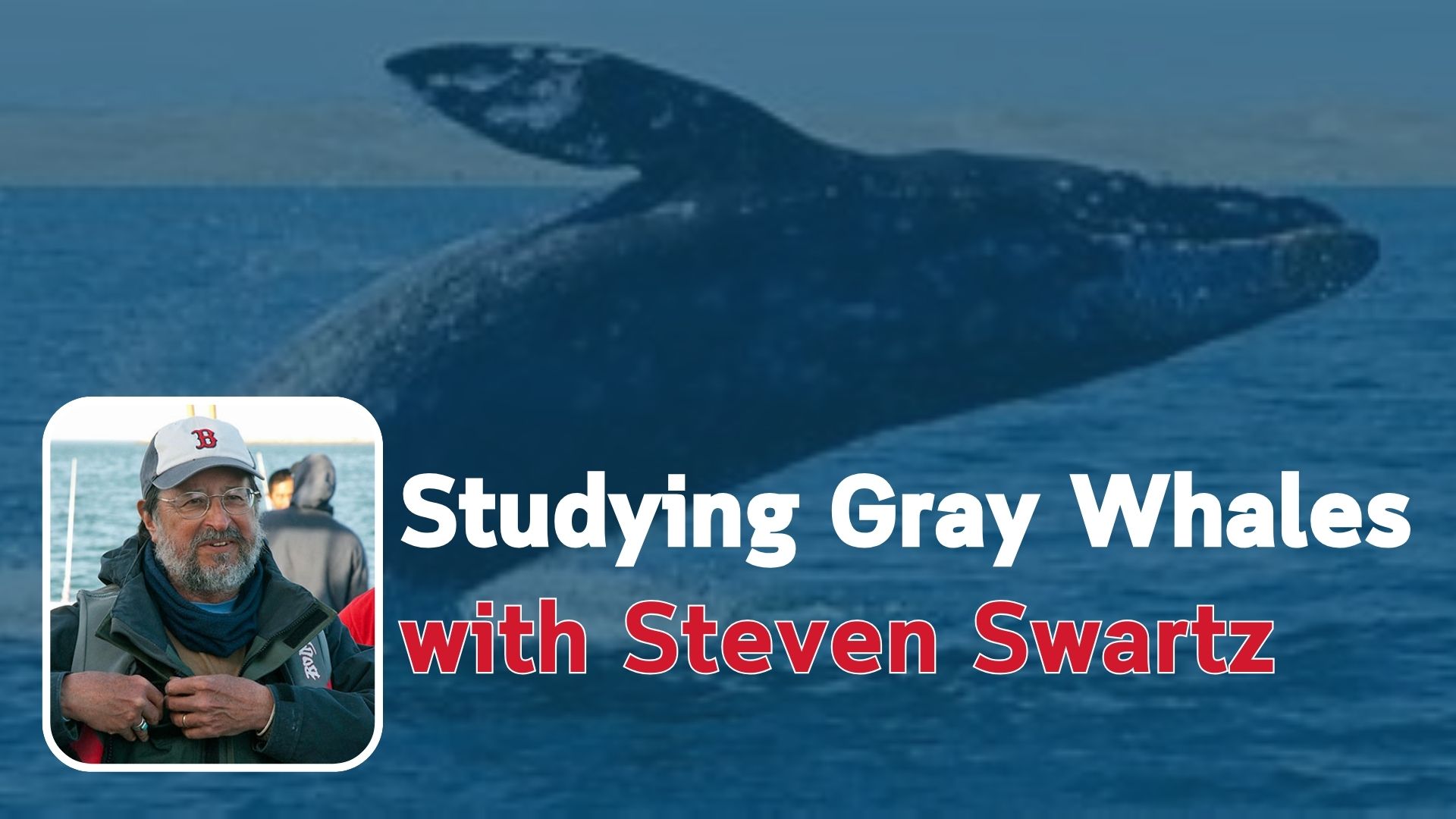Join Steven Swartz, local cetacean researcher, on Thursday August 15th at 7:00 p.m., as he recounts his 45 years of research on gray whale populations, some of the most fascinating of the cetacean species: how we believe they have survived as a species over the past 140,000 years, their relationship with humans and whaling, and how the impact that Global Climate Change is having on gray whales and other marine species.
Gray whales travel thousands of miles from Arctic waters to Mexico’s warm water areas around the Baja Peninsula. They are known for their friendliness to humans, but there is concern that this interaction could be detrimental to their mating and calving activity.
Location: Poolesville Presbyterian Church Sanctuary, 17800 Elgin Rd. (109)
Steven Swartz is a 1986 graduate of the University of California at Santa Cruz where he was awarded his Ph.D. Steven has researched and published widely on gray whales and their breeding lagoons in Baja California. From 1977 to 1982 Steven and Mary Lou Jones conducted the first systematic research of gray whales in Laguna San Ignacio in Baja California Sur, Mexico.
In 2006, along with Jorge Urban R., they founded the Laguna San Ignacio Ecosystem Science Program (LSIESP) to support and encourage science-based research and monitoring of gray whales and their breeding/aggregation lagoon areas in Baja California Sur, Mexico. Steven served as a consultant to the Mexican government’s Ministry for the Environment (SEMARNAP), and worked for the Ocean Conservancy, the U.S. Marine Mammal Commission, NOAA’s National Marine Fisheries Service, and the International Whaling Commission. Steven retired from federal service in 2011 and now works as a consultant and senior scientist for non-profit environmental and marine conservation organizations. In his spare time, he enjoys flyfishing, backpacking, and playing Bluegrass and popular music with his friends.


